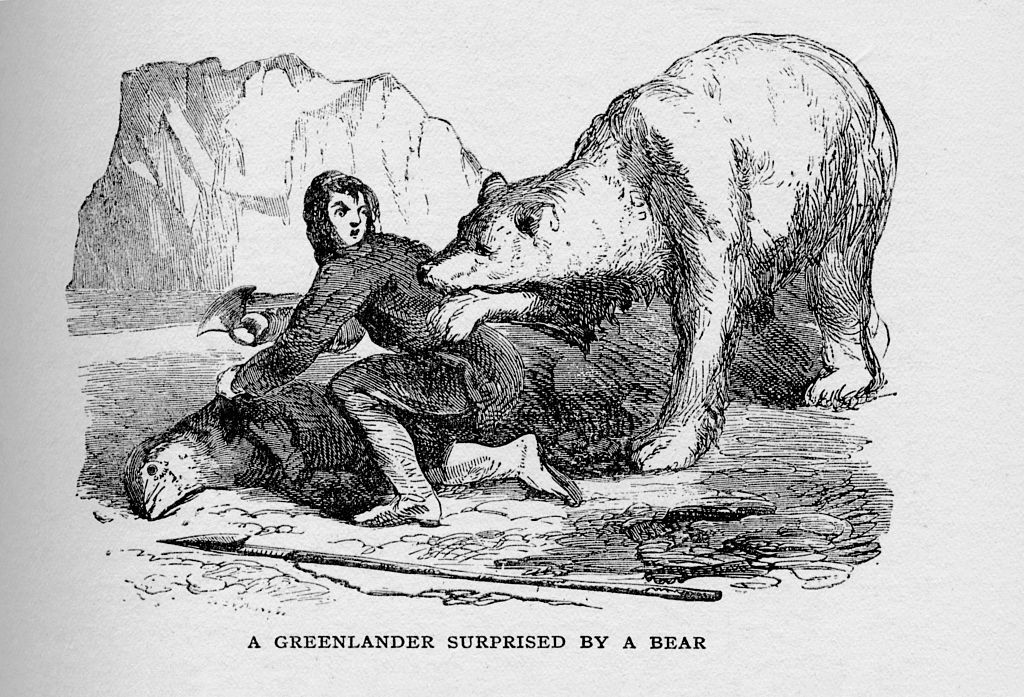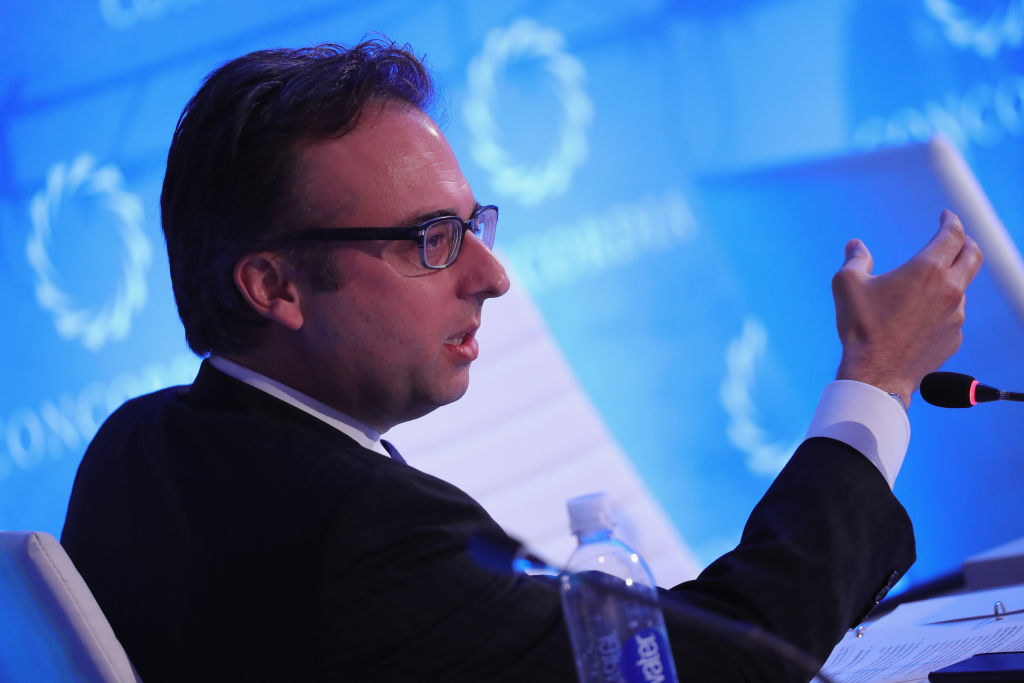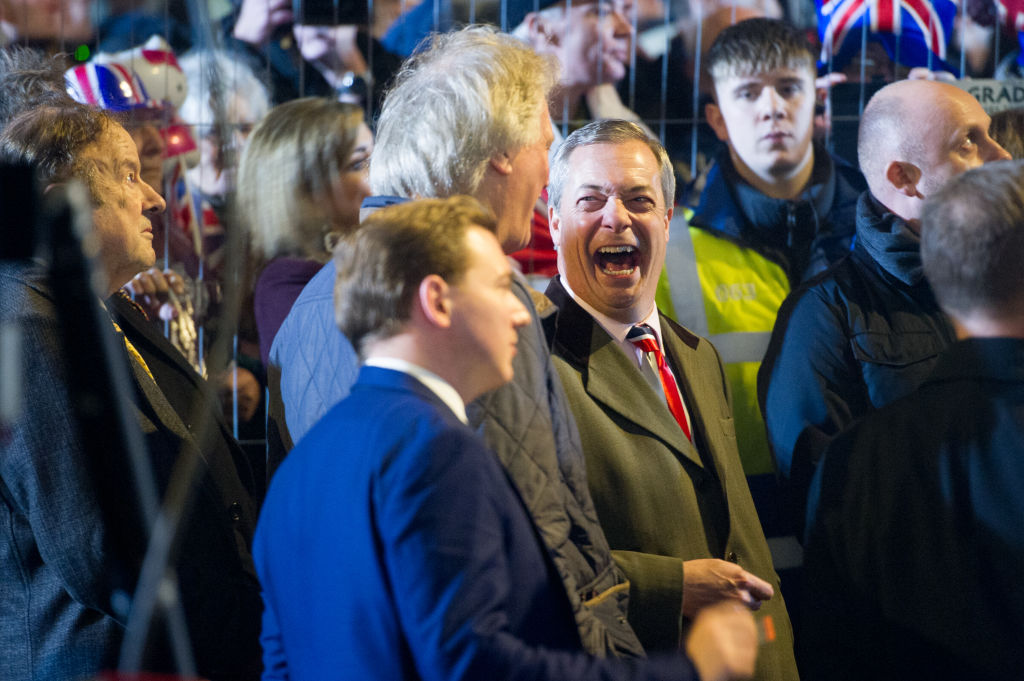A performative fury erupted across Europe when the dread Elon Musk not only endorsed Germany’s Alternative for Germany (AfD), but agreed to host an extended interview on X with its party leader Alice Weidel. As Musk predicted, the elites “will lose their minds.” President Macron accused Musk of interfering directly in European politics. German President Frank-Walter Steinmeier denounced X’s “external influence” on German democracy. Parliamentarians in Berlin called for the EU Commission to investigate Musk for giving an “unfair advantage” to the AfD in next month’s federal election. Unsurprisingly, Commission spokesman Thomas Regnier confirmed an ongoing investigation of the X social media platform for violations of the Digital Services Act, which could lead to fines equal to six per cent of the company’s global turnover.
Left unremarked in either Berlin or Brussels is the ongoing media blackout imposed on the AfD by major German media outlets, which presumably gives an unfair advantage to the AfD’s opponents. Musk would surely give equal time to any German party leader who requested it, as if any of them would dare spend three unedited hours defending the policies that have led Germany to its present dire straits.
The elite rage directed at Musk’s support for the second most popular party in Germany is justified as a defence of democracy and even free speech, both of which would presumably end should the AfD enter into a governing coalition in the Bundestag. Yet suborning democratic norms by denying the AfD access to broadcast media and protecting free speech by stifling social media reveals less a commitment to upholding principles than to retaining political power. German voters must be protected from the populist temptation, lest they translate their discontent into genuine political change.
The EU is complicit in this subversion of democratic norms by arming governing elites with tools to thwart political mobilisation through social media. The Digital Services Act may have been sold as a guard against Russian hackers, but is becoming a powerful tool for the protection of political incumbents. Macron and Steinmeier do not want mere citizens weighing the merits of Weidel’s arguments. It has somehow escaped their notice that social media has become the scourge of authoritarians worldwide by enfranchising exactly the sort of oppositional debate they wish to exclude from the European polity.
There is more fuelling the rage of the elites than a simple fear of losing power to the populists. The AfD poses a threat to their quasi-religious devotion to a rosy future defined by ethnic diversity, zero-carbon prosperity and the erasure of national identity. These political signifiers of elite status must be protected from those who don’t possess the requisite education or sophistication to challenge their social superiors. Defence of their faith justifies depriving the great unwashed of any effective political leadership, lest they question the destruction of the German car industry or their surging power bills. The foremost article of faith among the enlightened elite requires the suppression of any opposition to the arrival of an indigestible mass of migrants who show little desire to abandon their native attitudes toward women, gays, Christianity, and of course the Jews.
As with most matters of faith, awkward evidence can be freely repressed by the devout. Migrant-fueled violent crime, mass murder at Christmas markets, stabbing attacks, an epidemic of bombings in Sweden, all must be minimized in the name of the true faith. Censoring the names of violent criminals because it would reveal their migrant origins is more important than providing accurate information to the public. Tolerating rape and child marriage is an acceptable price for social stability, meaning the threat of mob violence should these acts be investigated. Violent antisemitism is punished when committed by white men in Dresden, but condoned in young Arabs in Neukölln. The rule of law has become contingent on ethnicity. Such are the fruits of a tawdry political faith insulated from popular oversight.
Were the regressive tendencies of the Euro elites confined to their continent, it would be an unfortunate but geographically limited failure of the Western liberal tradition. But the EU styles itself as the world’s regulatory superpower, and infuses many of its shiny new laws with extraterritorial reach. The Biden administration pursued cooperation with the EU on the suppression of “misinformation” and, had the election not intervened, would surely have adopted the DSA as a template for a series of executive orders regulating social media.
With the re-election of Donald Trump, Elon Musk now has direct access to a president sympathetic to complaints about the EU’s regulatory overreach. Given Trump’s rejection of the post-national faith of the Euro elites, it is likely that any moves against X or other American tech titans will be met with a punishing response from the White House. Puncturing the posturing peacocks of the EU will be considered good sport in the new White House.
The net effect of the EU’s quest to control political speech is likely to be harmful, not least due to blowback from the Trump administration. Mark Zuckerberg just dropped content moderation from his Meta platform in favour of the community notes pioneered by X. He also noted that excessive regulation in the EU would beggar innovation and leave the continent isolated by the leaders of the coming AI revolution.
His new-found faith in freedom of expression is a reasonable sign of a changing political climate, one that values America’s First Amendment over the EU’s regulatory fiat. A nasty transatlantic divide over free speech and regulation of social media will speed the division of the world into rival trading blocks, to the great disadvantage of the EU. Europe’s prosperity depends on its export surpluses: a predatory China coupled with new American tariffs will beggar both Germany and the wider European economy.
Will the EU sacrifice the American market and estrange itself from its military defender for the sake of content moderation? Trump will force Europe to choose. Europe simply does not possess the economic strength or an innovative potential sufficient to make it the world’s regulator of emerging technologies. The EU may regard itself as the last defender of a rules-based international order, but apparently only if those rules are made in Brussels. When the rest of the world declines to accept those rules, the EU’s remit will be confined to an economic backwater bereft of innovation but safe from hurtful social media posts.





Let’s give Austria-Hungary a chance – Europe needs some Habsburg values